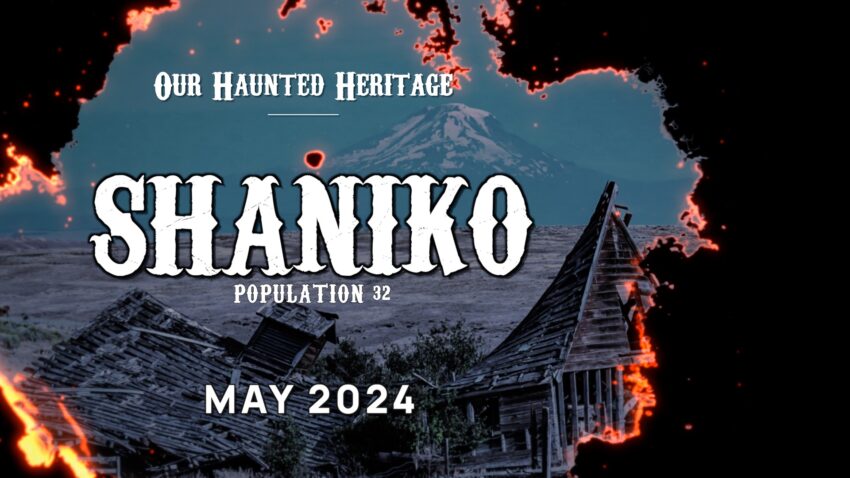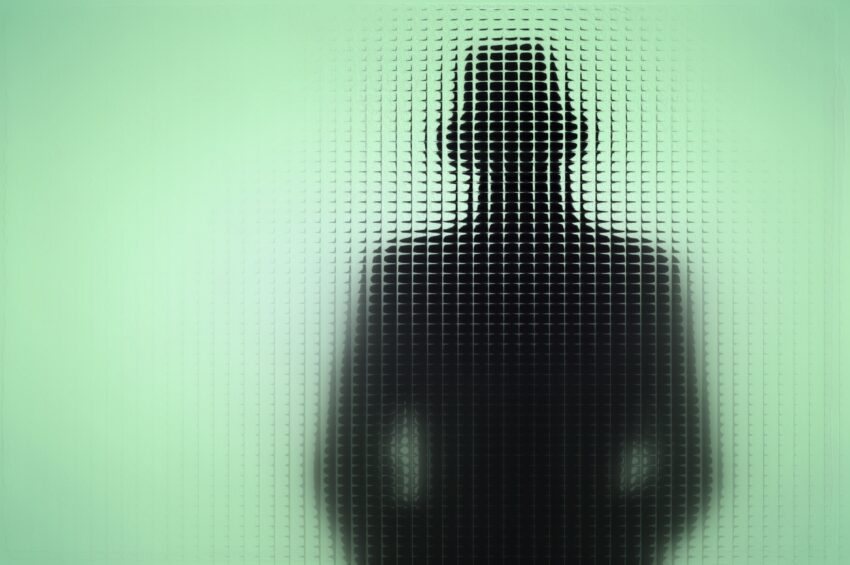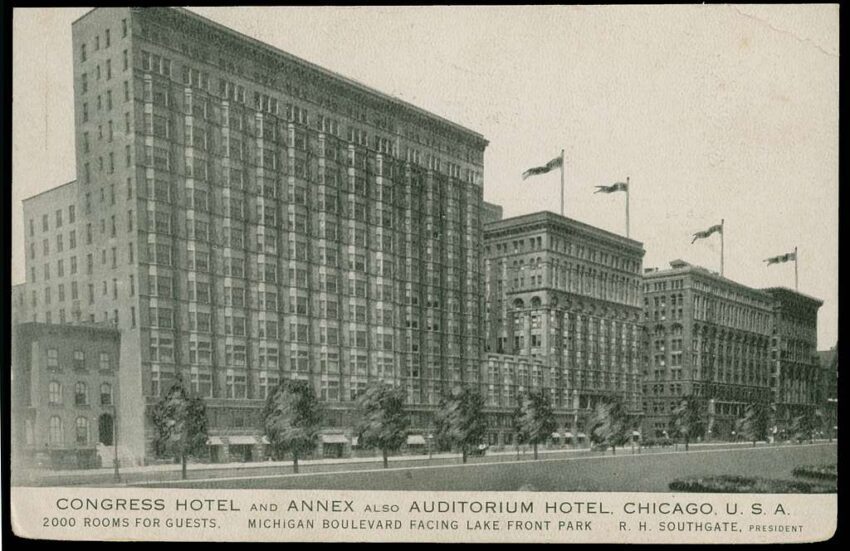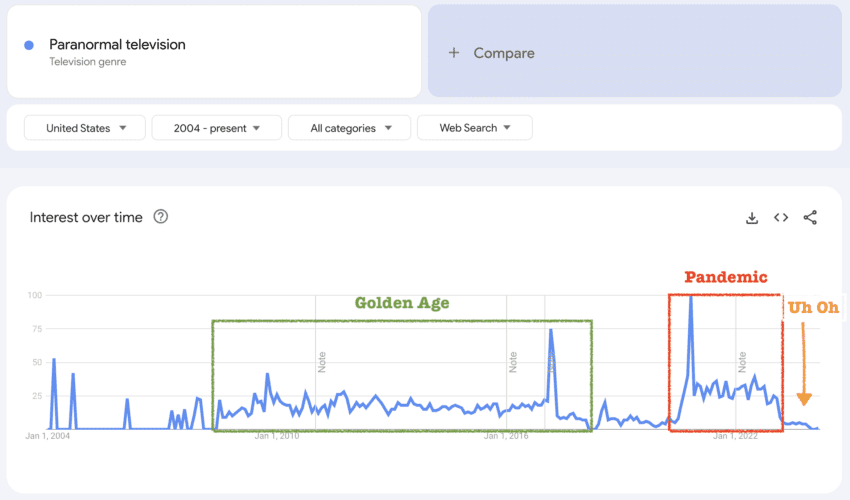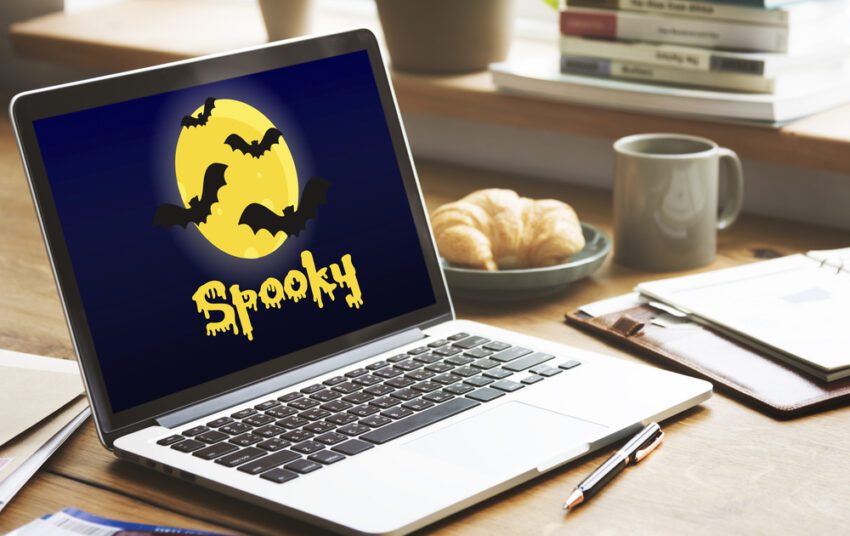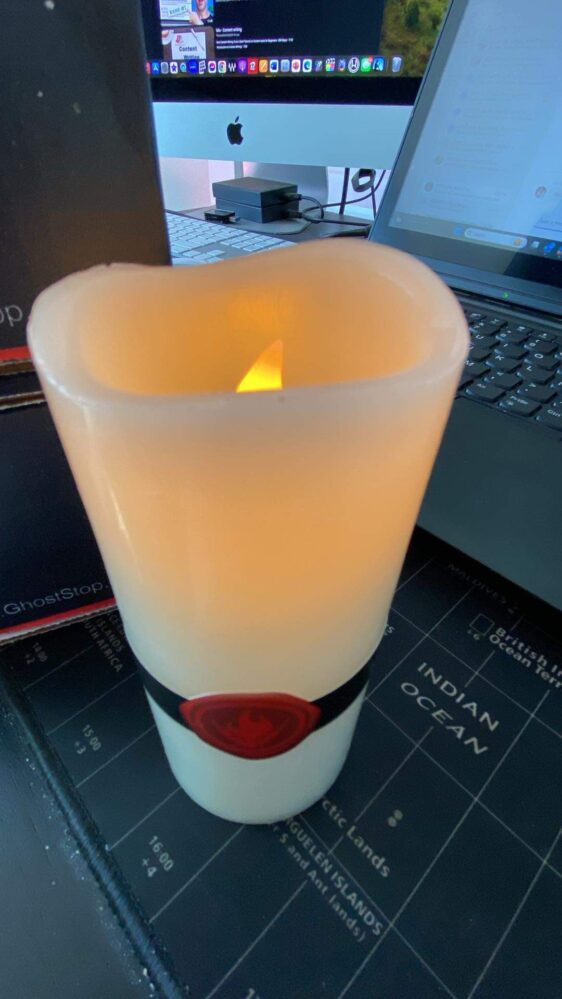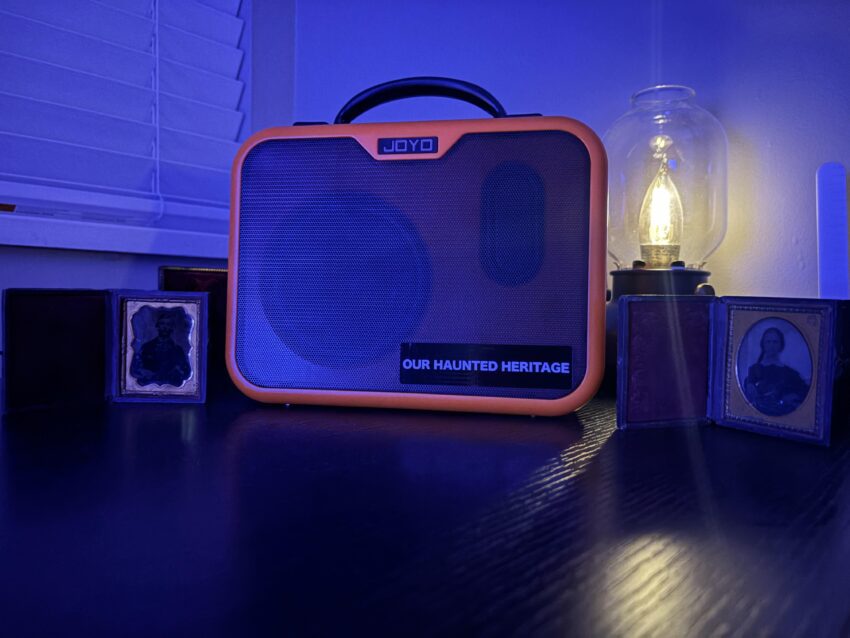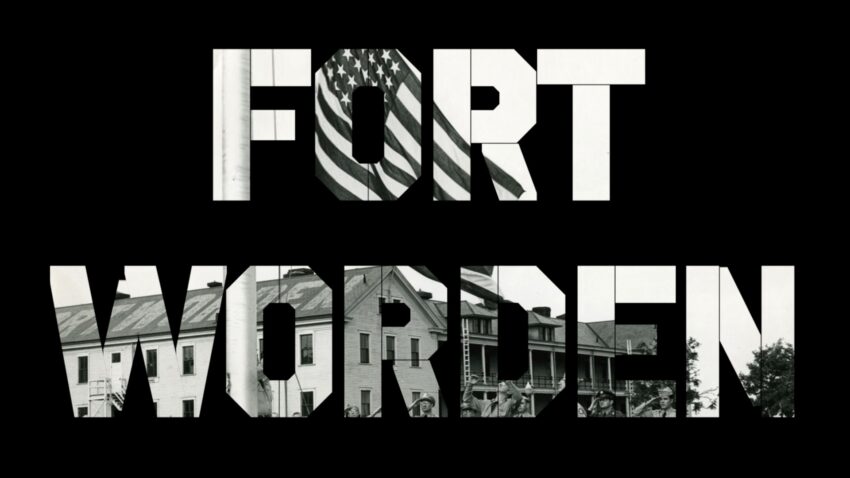Ghostly Activities Appears On The Quest, ep. 365
Hat Man Encounter In Los Angeles, California
Jacob Rice, Ghostly Activities founder, encountered a hat man that began draining his lifeforce. Get the scoop and what happened to the dog after the jump.
Congress Plaza Hotel Ghost Hunt in Chicago, Illinois
Hi gang! Maybe I’m feeling nostalgic, but I wanted to reshare this investigation of The Congress Plaza Hotel. The Congress adventure became one of the first posts on this site waaaaaay back in 2013. I’ve combined all the posts into one, so you can read about all the ghostly goodness we captured. Get the…
Interest In Ghost Hunting TV Shifts Away From Streaming Networks
I used Google Trends to look at 20-year and 5-year trends in paranormal TV search interest, and I think we’ll get some new shows in the next year. But it may not be on the streaming network you expect. Get the scoop after the jump.
Working On Older Posts Returned To Ghostly …
Hi gang! I returned about 80 posts to Ghostly Activities yesterday. These are posts like ghost stories and ghostly profiles that date from February 2013 – May 2019.
Fort Worden Ghost Hunting Report
In January 2024, Ghostly Activities and friends went to Fort Worden (Port Townsend, WA) to uncover the haunted secrets of its buildings, barracks, and more. Get the scoop after the jump.
